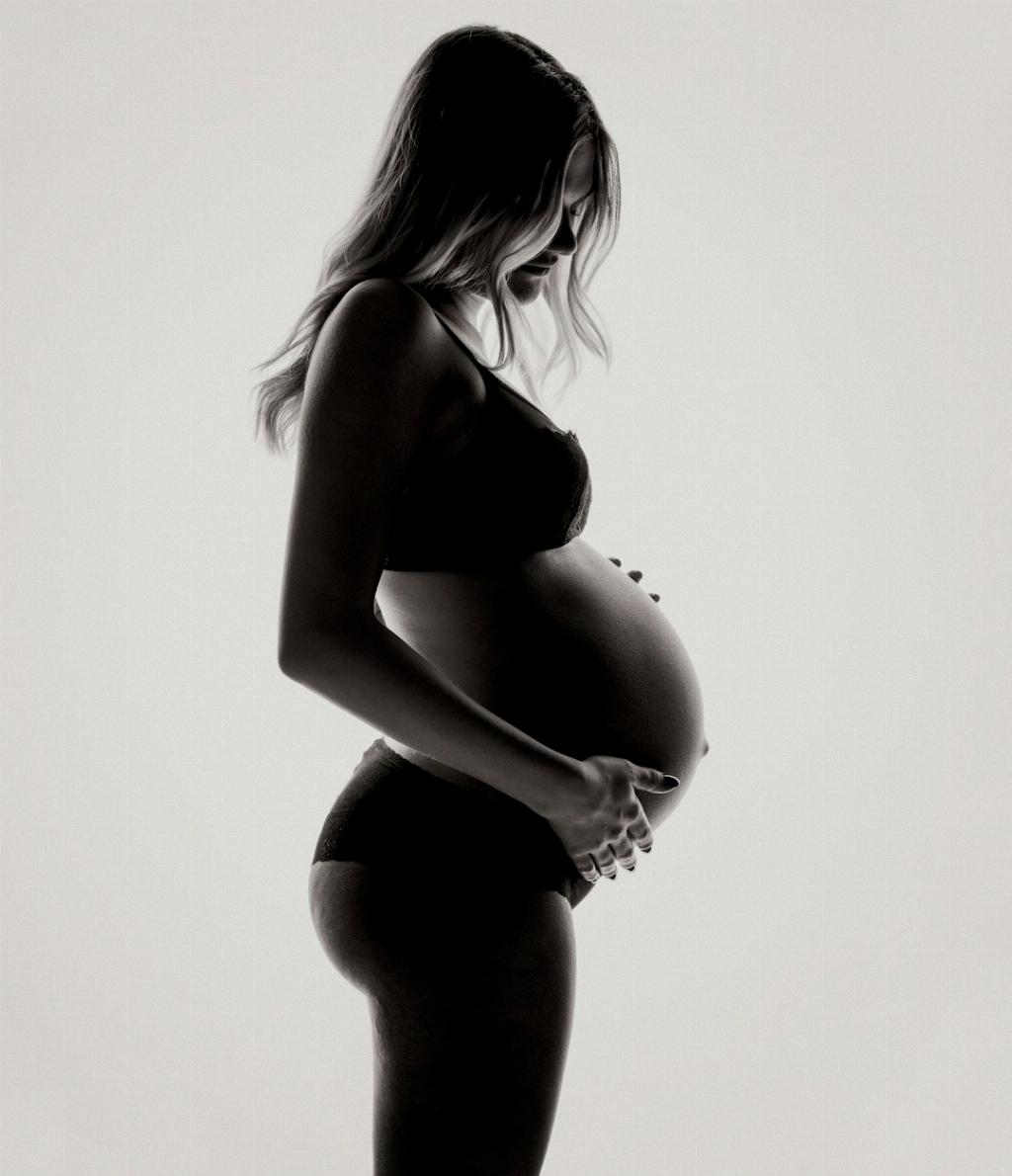Dehydration in early pregnancy is a common concern for many expectant mothers. The body’s demand for water increases significantly during pregnancy, and failing to replenish fluids lost can lead to dehydration. This concern becomes even more critical if experiencing morning sickness, as nausea and vomiting can make it challenging to keep fluids down.
Importance of Hydration During Early Pregnancy
Staying properly hydrated is essential for the health of both the mother and the developing baby. Dehydration can lead to a range of complications, including urinary tract infections, constipation, and even preterm labor. Ensuring an adequate intake of fluids is vital to support the increased demands on the body during pregnancy.
Signs and Symptoms of Dehydration
It is crucial to be aware of the signs of dehydration during early pregnancy. Symptoms may include dark urine, infrequent urination, dry mouth, fatigue, dizziness, and headaches. Monitoring these signs can help identify dehydration early on and take necessary steps to address it.
Causes of Dehydration in Early Pregnancy
Several factors can contribute to dehydration during early pregnancy. Increased fluid requirements, especially in the first trimester, due to the growth and development of the baby can strain the body’s hydration levels. Nausea, vomiting, and even excessive sweating can also lead to fluid loss and dehydration.
Preventing Dehydration During Early Pregnancy
There are several strategies to prevent dehydration in early pregnancy. Staying hydrated by drinking plenty of water throughout the day is essential. Sipping on fluids, such as water, herbal teas, or electrolyte drinks, can help maintain hydration levels. Eating water-rich foods, such as fruits and vegetables, can also contribute to overall fluid intake.
Managing Morning Sickness
If morning sickness is causing difficulty in staying hydrated, there are ways to manage these symptoms. Eating small, frequent meals throughout the day, avoiding triggers that exacerbate nausea, and staying well-rested can help ease morning sickness and prevent dehydration.
Seeking Medical Attention
If symptoms of dehydration persist or worsen, it is crucial to seek medical attention. A healthcare provider can provide guidance on managing hydration levels and may recommend electrolyte solutions or IV fluids in severe cases of dehydration.
Impact of Dehydration on Pregnancy
Untreated dehydration can pose risks to both the mother and the baby during pregnancy. Complications such as low amniotic fluid levels, neural tube defects, and even preterm labor can arise from inadequate hydration. It is essential to address dehydration promptly to safeguard the health of both mother and baby.
Listening to Your Body
During early pregnancy, it is important to listen to your body’s cues and respond accordingly. Paying attention to signs of dehydration, such as thirst, dry mouth, or dark urine, can guide your fluid intake decisions. Trusting your instincts and seeking help when needed is crucial for a healthy pregnancy.
Final Thoughts
Overall, early pregnancy can indeed make you feel dehydrated due to increased fluid requirements, morning sickness, and other factors. Prioritizing hydration, managing morning sickness effectively, and seeking medical advice when necessary are key steps in maintaining optimal hydration levels during pregnancy. Remember to listen to your body, stay informed, and take proactive measures to ensure a healthy and hydrated pregnancy journey.

